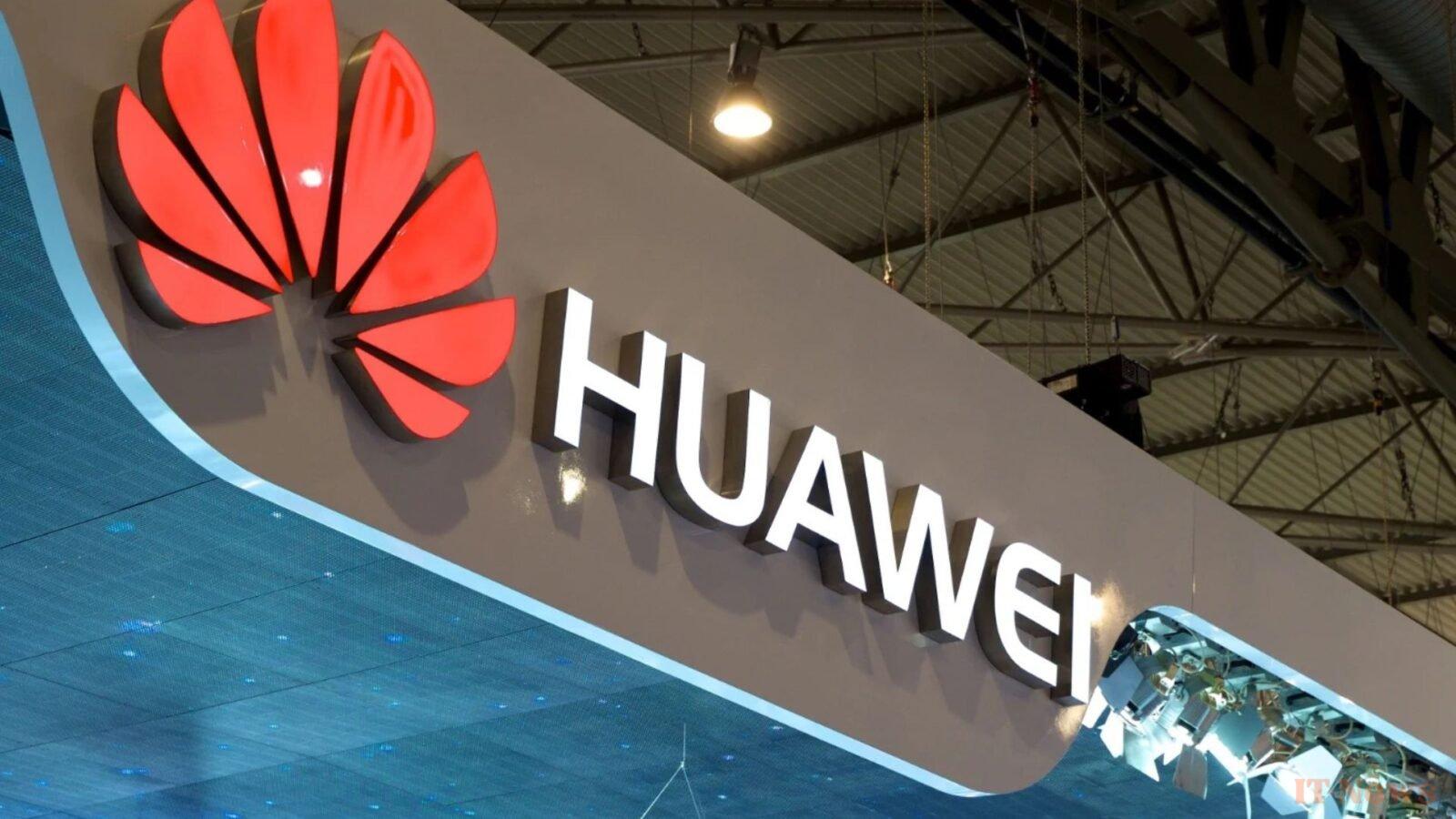China has so far failed to break through the seven-nanometer barrier: according to an article in Bloomberg on Monday, June 23, Beijing, despite its massive investments and alternatives, has still not succeeded in etching electronic chips at five nanometers or less on an industrial scale. That's the conclusion of a Canadian company that opened the hood of Huawei's latest laptop, launched last May.
The research firm TechInsights estimates that the Chinese tech champion used seven-nanometer semiconductors for its folding PC, the MateBook Fold – the same ones integrated two years earlier in its high-end smartphone, the Mate 60 Pro.
This is a sign that Huawei, which sources from the local company SMIC, Semiconductor Manufacturing International Corp, has not had access to the latest generation of semiconductors such as chips engraved at five nanometers, the company believes. In 2023, the presence of these seven-nanometer electronic chips in the Chinese telecommunications giant's devices, coming from SMIC, surprised many specialists.
The Holy Grail of 5nm engraving, on an industrial scale
But since then, China has apparently not managed to do better, even though last year the country suggested that it was already engraving semiconductors at five nanometers.
For comparison, TSMC, the Taiwanese world leader in the market, is expected to launch industrial production of two-nanometer chips this year – which would constitute an advance of three more generations, our colleagues explain.
According to a press release from TechInsights, quoted by the financial media, "this probably means that SMIC has not yet reached a (level) equivalent to five nanometers, which can be produced on a large scale." And for the technology firm, the explanation is obvious: the export restrictions imposed by the United States and its allied countries since October 2022 are having an impact on SMIC's ability to catch up with its competitors. And this would be particularly the case for the manufacture of latest-generation chips intended for the cloud and artificial intelligence.
Huawei acknowledges a delay of "a generation"
This is a blow to Beijing, which has been seeking for years to "lift Chinese industry out of poverty" and produce electronic chips itself, these essential components for the manufacture of our smartphones and AI tools. The United States, against a backdrop of technological rivalry, has in fact implemented export controls since October 2022 drastically limiting the sale of semiconductors manufactured by American companies or allied countries to Chinese companies. Joe Biden and then Donald Trump continued to tighten regulations, effectively cutting off the supply of chip-making machines.
And while China's efforts have allowed local companies to manufacture 7nm chips, US export controls may well have had the desired effect. Ren Zhengfei, head of telecommunications and semiconductor giant Huawei, acknowledged in an interview published Tuesday, June 10, by the Chinese state media People’s Daily and translated by Global Times, that its Ascend chip, which competes with semiconductors from the American company Nvidia, “is still a generation behind the United States.”
This lag would be all the more accentuated if Huawei could not produce enough Ascend chips to meet the demand of Chinese companies, suggested Jeffrey Kessler, the US Under Secretary of Commerce, who spoke at the from a congressional hearing earlier this month. According to the US politician, Huawei could only manufacture 200,000 Ascend AI chips this year due to US sanctions – a figure that, however, has not been confirmed by the main interested party.



0 Comments